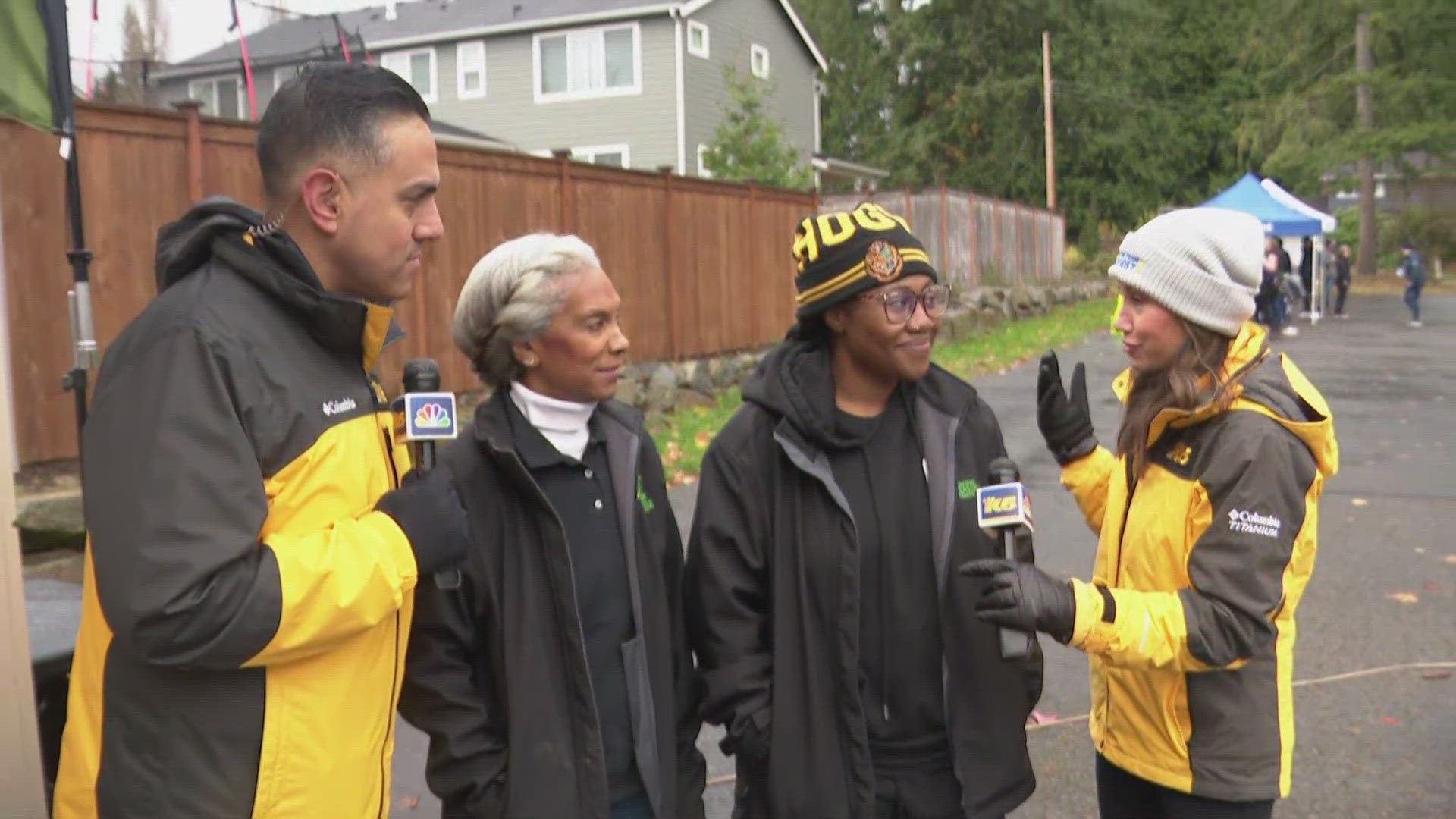It’s only May, but wildfire season is already upon us, and health officials are warning the public to prepare for possible smoke ahead.
The Washington State Department of Natural Resources is bracing for a significant wildfire season, but the smoke outlook isn’t as clear. There’s still too many factors at play to say if Washington will have another smoky summer.
However, it never hurts to be prepared. Here’s five ways you can make sure you’re ready if smoke rolls in and air quality dips.
Track air quality
Find our what the air quality is in your neighborhood through websites like the Washington Smoke Information blog, which tracks wildfire locations along with air quality, and AirNow, which is run by several government agencies.
The Environmental Protection Agency has also developed the Smoke Sense app (iOS | Android) with location-specific information on smoke and health impacts.
Smoky air can cause watery or dry eyes, coughing or wheezing, throat and sinus irritation, headaches, or chest pain. Knowing if the air quality is healthy, moderate, or unhealthy can help you make choices to reduce smoke exposure.
Buy a mask
Specific masks and respirators will work better than a bandana to block smoke particles. When picking a mask, be sure it’s marked N-95 or N-100 to protect your lungs from smoke damage. A mask with two strings will also make for a better fit.
Be aware that the masks won’t work on people with beards, because they won’t seal correctly. The masks are also not currently approved for babies or small children, according to the state Department of Health.
Get an air filter
Get your air filter now before there’s a run at the store. Make sure it contains a HEPA filter, which can reduce smoke particles.
Better yet, make your own air filter for less than $20. Purchase a MERV 13 or FPR 10 furnace filter and tape it to the back of a box fan. Even if you don’t have tape, the suction from the fan should make the filter stick to the back.
A test from Puget Sound Clear Air Agency found this type of homemade filter dramatically decreased the amount of black carbon in the room.
Designate a ‘clean room’
The health department recommends picking a “clean room” where you can spend time when it’s smoky outside, such as your bedroom. Ideally the room would have few windows and doors and no fireplace. Plan on keeping your air filter in here.
Keep medication handy
Everyone is susceptible to wildfire smoke, but some groups are at greater risk, including children, seniors, pregnant women, and people with illnesses, according to the health department.
If you have heart or lung disease or asthma, ask your doctor what precautions you should take when spending time around wildfire smoke. Keep any medications on hand so you’re prepared when smoke moves in.



